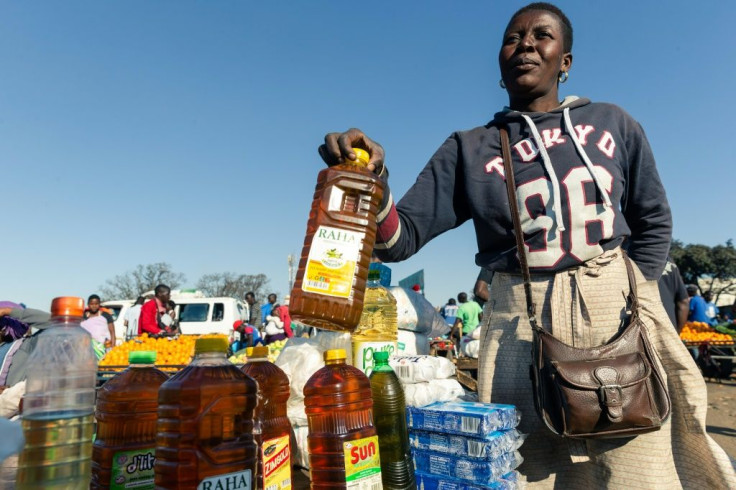Zimbabwe Inflation Soars To Nearly 300%: IMF

Zimbabwe's annual inflation rate soared to nearly 300 percent in August spurred mainly by a collapsing currency, the International Monetary Fund (IMF) said Thursday after a mission to the crisis-weary country.
In a statement, the IMF said year-on-year inflation "reached almost 300 percent in August".
The local currency has fallen from parity against the American dollar to 16.5 Zimbabwean dollars (ZWL) per US dollar following currency reforms introduced in February in a bid to solve a chronic monetary crisis.
In June, inflation had stood at 176 percent.
The latest estimates are stoking fears of a return of the kind of hyperinflation that wiped out savings 10 years ago when the economy collapsed and prices of goods and services skyrocketed every week.
Early last month Finance Minister Mthuli Ncube said the government would stop publishing inflation figures until February next year to allow the statistics agency to collect fresh data using the new currency since prices were no longer pegged in US dollars.
The US dollar had been the national currency since 2009 when the country trashed its own currency following hyperinflation of as much as 500 billion percent.
But in June, Zimbabwe ended the use of US dollars and other foreign currencies and replaced them by two local parallel currencies -- "bond notes" and electronic RTGS dollars.
After its two-week mission, the IMF team concluded that the southern African country remains in "economic difficulties" which have been "exacerbated by severe weather shocks".
"GDP growth in 2019 is expected to be steeply negative, as the effects of drought on agricultural production and electricity generation, impact of cyclone Idai, and the significant fiscal consolidation to correct past excesses serve to drag on growth," it said in a statement.
It said that social conditions had "deteriorated sharply", with more than half of the country's population unlikely to be able to feed itself adequately between now and the next harvest season in the first half of 2020.
"Weakening confidence, policy uncertainty, a continuation of FX market distortions, and a recent expansionary monetary stance" had increased pressure on the exchange rate, it said.
President Emmerson Mnangagwa, on taking over from Robert Mugabe, promised to revive the economy and declared Zimbabwe "open for business".
But nearly two years later, the economy is floundering and many Zimbabweans say they are worse off than they were under Mugabe.
© Copyright AFP {{Year}}. All rights reserved.





















